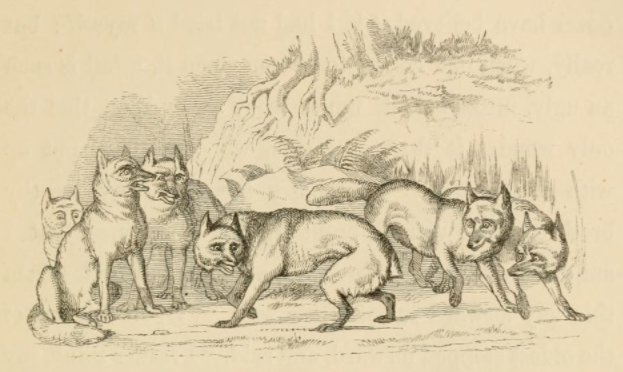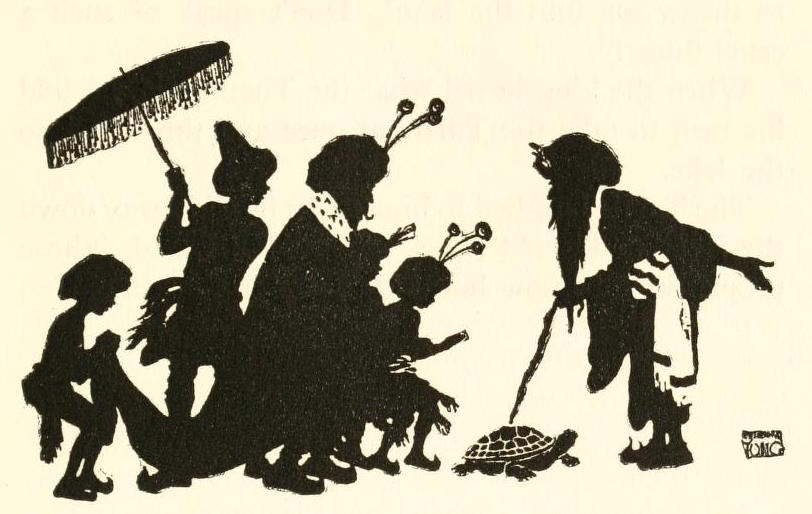It feels like of weird to be writing my Famous Last Words for Week 2... but I am also really glad to be working ahead, and also so grateful to the students who were ready to get started. That prompted me to work really hard last week to get everything ready....... and there are already 9 people who have set up their blogs, which is incredibly cool to see since it is not even Week 0 yet!
And since I'm done with Week 2 now, that means I technically don't have anything due as a student in this class until February 11. That sounds incredibly far away, ha ha, but I'm guessing next week will be pretty busy... and then of course the regular Week 1 and Week 2 will be super-busy like always.
I still can't really believe that this is my last semester of teaching, but at the same time I am really excited for how all the 100-word projects are going. I love being a teacher at OU, but I am also going to love having all the time I need to read and write. So many books to read! So many books to write! After I finish this post, I'm going to work on Brer Rabbit for the rest of the day, yay!
And........ I'll have some time to drum. My husband and I have been watching Ken Burns's beautiful documentary Jazz, and now that I'm drumming every day I can tell that I'm hearing the music differently than before, and I'm especially listening for the drums. So when there was a conga player who was part of Dizzy Gillespie's orchestra, I heard that drum sound right away. Apparently Dizzy Gillespie was really into the whole Afro/Cuban jazz scene, and I am going to be so happy when I have time time time so much time this summer to expand my musical awareness.
(Google pause.........) Okay, I just Googled and found this fabulous video from the Kennedy Center: how cool!
Artes de Cuba: Dizzy Gillespie Afro-Cuban Experience
And here's another music video; this is a song I've been playing along with. I really like this one... in part because of the cute title! Plus it is just the right speed/style for me to play along with. :-)And in the spirit of drums, here's a lovely proverb from Liberia: An untouched drum does not speak.
So...... drum on, people! LIterally and metaphorically. :-)




